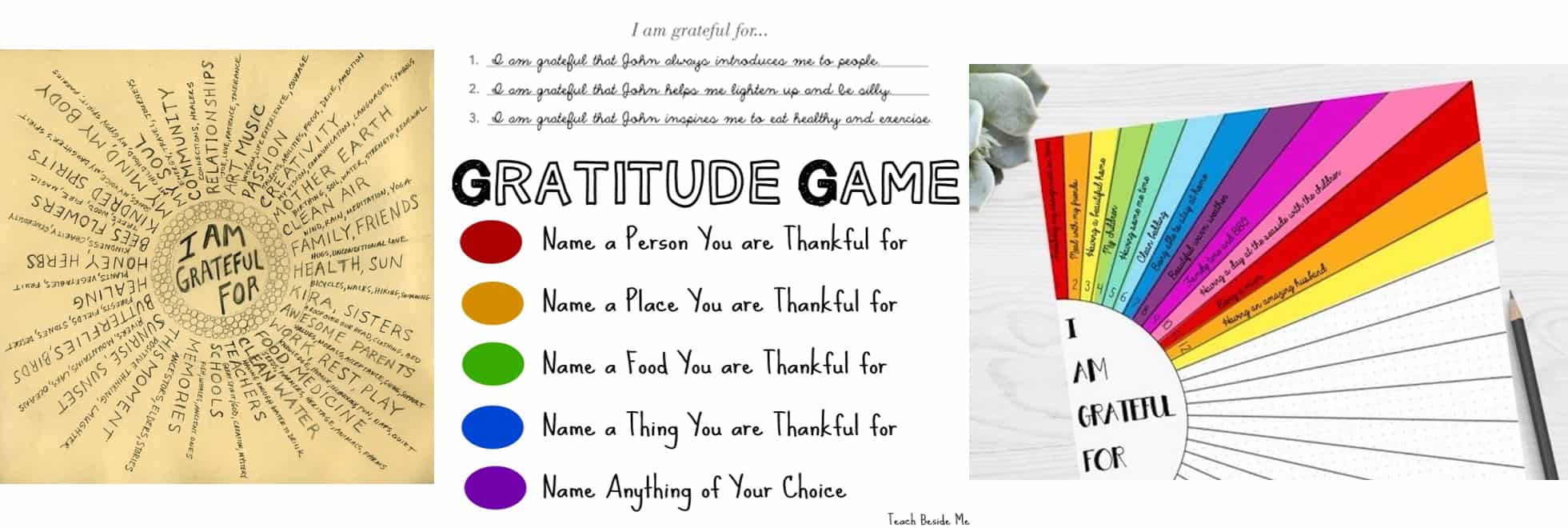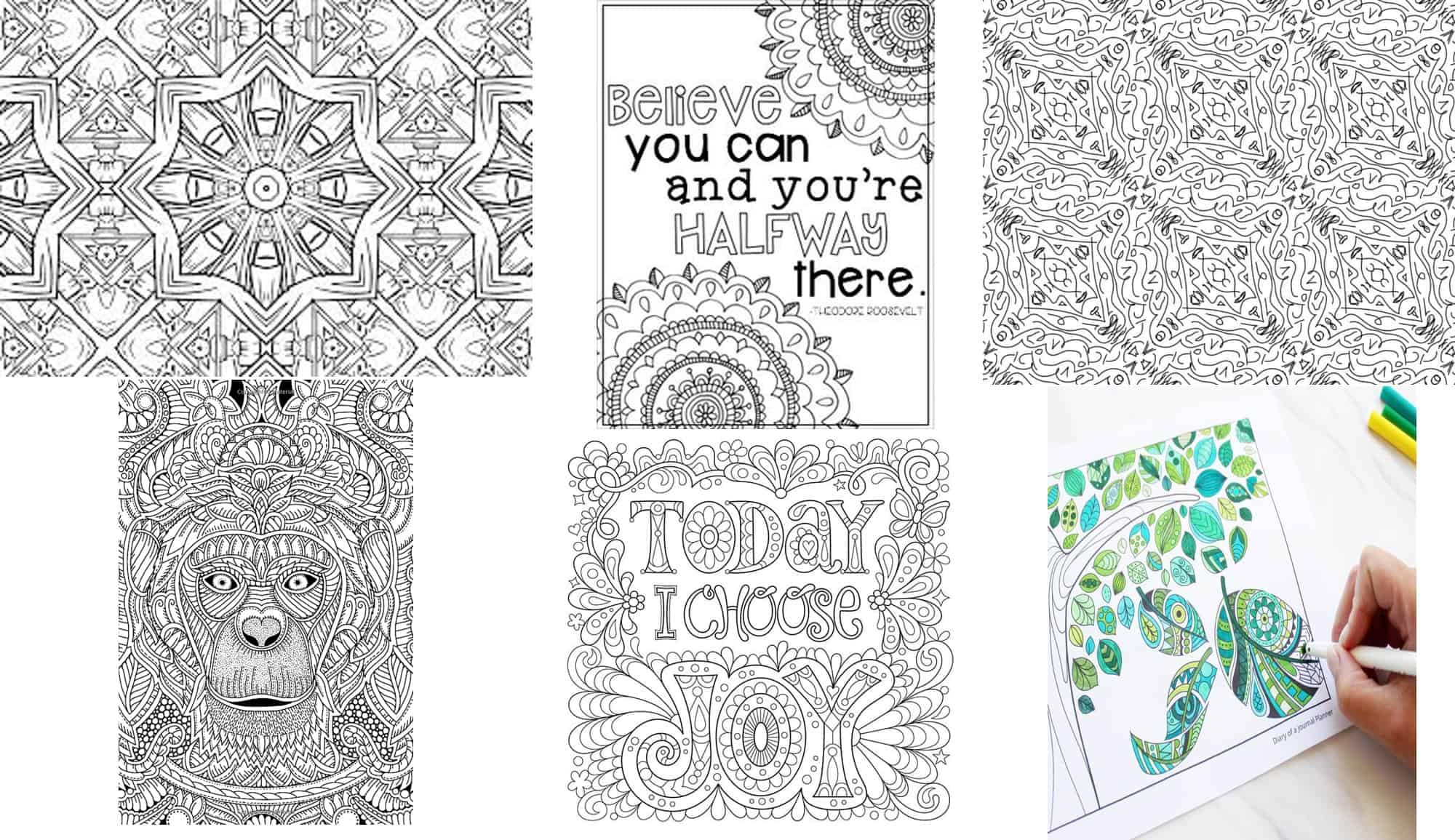Self-help Ideas
Self-help strategies have been proven to have a positive impact on your emotional wellbeing, they can also help empower you.
 Mindfulness Activities
Mindfulness Activities
What is mindfulness?
Think of your mind as a snow globe. Throughout any given day we constantly shake up our snow globes and busy our minds. We wake up and start shaking, our thoughts start racing and we start practising distraction.
Humans are masters of distraction. In today’s life every quiet or slow moment we fill with talking, interacting on devices, gaming, watching or exploring the internet. In these modern times it is rare to be bored let alone focus on allowing our snow globes to settle in time and space.
Mindfulness is practising letting our snow globe to settle. In doing so the water become clear and our minds more still. This takes a lot of unlearning and practice. But when you can settle your mind you will find that you see things clearer, grow in confidence and sense an increase of control in your thoughts and actions.
The modern and western world encourages us to allow ourselves to be run on autopilot. In this setting we keep going and going and going doing what we always do. Time passes in the blink of an eye and this can lead to physical or emotional exhaustion.
Would I benefit from mindfulness?
Q. Did you really enjoy the programme or film you just watched?
Q. Did you taste the meal or food you last ate? Do you even remember chewing your food?
Q. When others are talking to you, are you really listening to them? Or are you thinking about something else or even doing something else at the same time?
If you answered “yes” to any of these then it may be that you are a “human doing” and are very productive but may have lost sight of the fact we are human beings. One way of shifting towards a more connected way of being is to practise mindfulness. Take a look at some of the ideas below.
If you’re still not sure what mindfulness is or whether it could be of help to you please watch this short video:
Gratitude Diary – practising gratitude regularly is extremely beneficial for your well being. Gratitude is about focusing on what is good in our lives and being thankful for the things and people we have and know. It can also be taking a moment to pause and appreciate some of the things we may take for granted, e.g. running water, WiFi etc.
Some words people use for gratitude are: fortunate, lucky, blessed or humbled.
Gratitude is important because it doesn’t just help us to feel good but making a habit of being grateful is good for us in many ways:
-
- Positive emotions open us up to more possibilities. They boost our ability to learn and make good decisions.
- Positive emotions balance out negative emotions. People who often feel grateful and appreciative are happier, feel less stressed and less depressed. Gratitude can be like a U-turn on complaining or thinking about what we don’t have.
- One positive emotion often leads to another. When we feel grateful, we might also feel happy, calm, joyful, or loving.
- Gratitude can lead to positive actions. When we feel grateful for someone’s kindness toward us, we may be more likely to do a kindness in return. Your gratitude also can have a positive effect on someone else’s actions. Thanking people can make it more likely they’ll do a kindness again.
- Gratitude helps us build better relationships. When we feel and express heartfelt gratitude and appreciation to people in our lives, it creates loving bonds, builds trust, and helps us feel closer.
A Gratitude Diary is simple, here are suggested tips:
-
- Use a note pad, diary or even a scrap of paper.
- Find a quiet space to think.
- Start thinking about people, things, and places you are grateful for. See the gratitude game for help if needed.
- You can write in sentences, bullet points or copy the image on the left or right and write what you are grateful for like sunbeams. Be as creative as you like.
- This is not about having a perfect piece of work; it is about taking the time to feel grateful.
Some ways you might like to keep your gratitude journal:
Meditation – meditation isn’t about becoming a different person, a new person, or even a better person. It’s about training in awareness and getting a healthy sense of perspective. You’re not trying to turn off your thoughts or feelings. You’re learning to observe them without judgement. And eventually, you may start to better understand them as well. It is called practice because you are aiming to practise regulalry and not for perfection; it is the journey that is important not the destination.
Action for Happiness – this site will appeal if the idea of doing one small action each day to make you and the world a better place sounds good to you.
Calm – their blog is dedicated to adventures in mindfulness, the power of a good night’s sleep, and cultivating a healthier and happier life.
Headspace – a few minutes could change your whole day. Headspace is meditation made simple. We’ll teach you the life-changing skills of meditation and mindfulness in just a few minutes a day.
Some guided meditation videos that could help get you started:
5 minute mindful breathing exercise
20 minute beginner meditation for teens
60 minutes deep sleep and unwind meditation
Mindful Colouring – asks us to focus on how we choose and apply colour in a design to bring ourselves and our mind into the present moment. Instead of thinking about the past or worrying about the future.
We also often think negative things about ourselves that aren’t true, e.g. “I am stupid”. In fact we tell ourselves so often that we being to believe them and think of them as facts. We can use Positive Affirmation Sheets which help to retrain our minds into thinking more kindly about ourselves. The idea is that as you colour the sheet in your repeat the phrase in your head.

